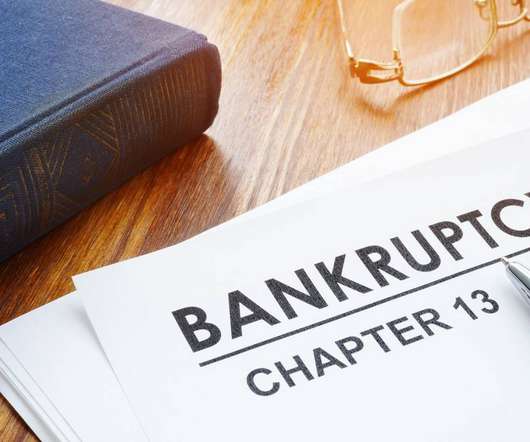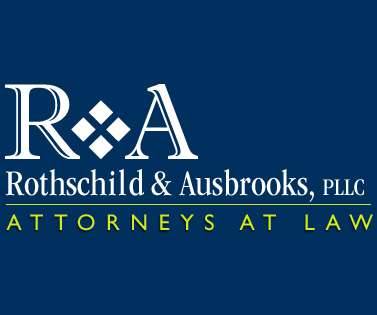What Are My Repayment Obligations Under Chapter 13 Bankruptcy?
Sawin & Shea
JULY 15, 2020
When you’re considering Chapter 13 bankruptcy, you’re also wondering how much of your debt you’d be obligated to pay back. Let’s take a look at a debtor’s obligations under Chapter 13 bankruptcy. What Is A Chapter 13 Bankruptcy Plan? We are ready to help.























Let's personalize your content